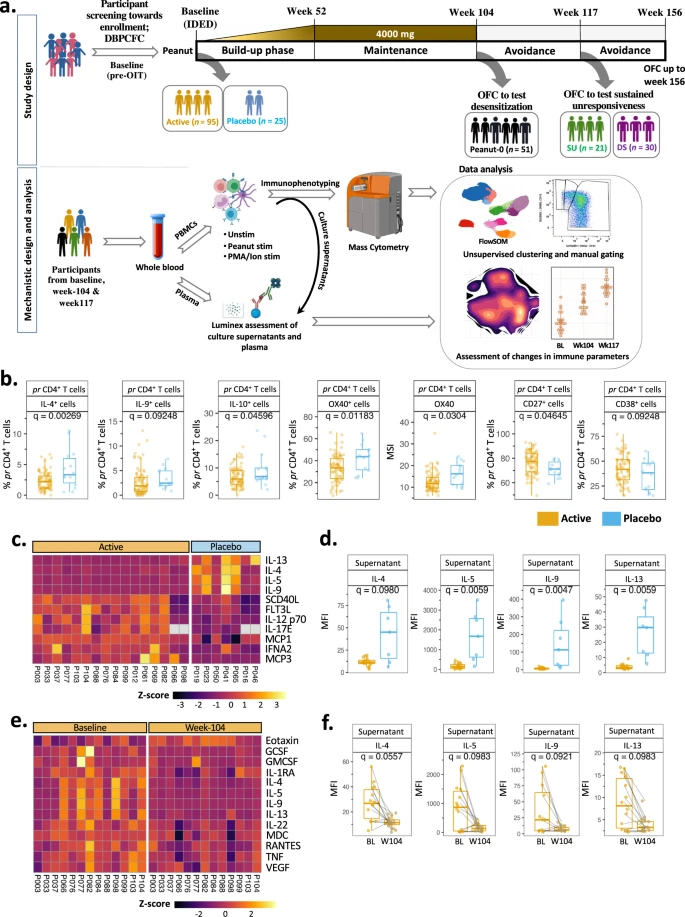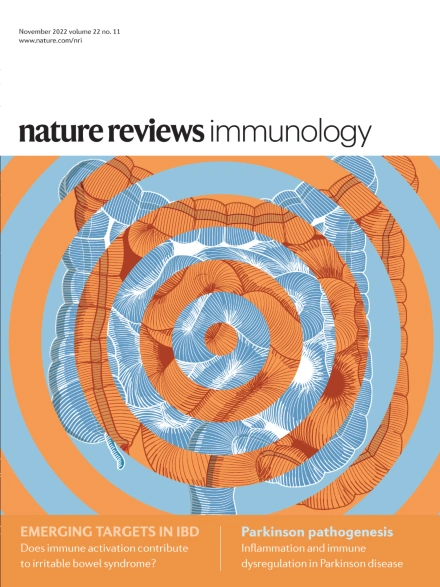REVIEW ARTICLE - Open Access
Alaz Özcan, Onur Boyman
Early View
https://doi.org/10.1111/all.15505
Abstract
Neutrophil granulocytes, or neutrophils, are the most abundant circulating leukocytes in humans and indispensable for antimicrobial immunity, as exemplified in patients with inborn and acquired defects of neutrophils. Neutrophils were long regarded as the foot soldiers of the immune system, solely destined to execute a set of effector functions against invading pathogens before undergoing apoptosis, the latter of which was ascribed to their short life span. This simplistic understanding of neutrophils has now been revised on the basis of insights gained from the use of mouse models and single-cell high-throughput techniques, revealing tissue- and context-specific roles of neutrophils in guiding immune responses.


.jpg)





